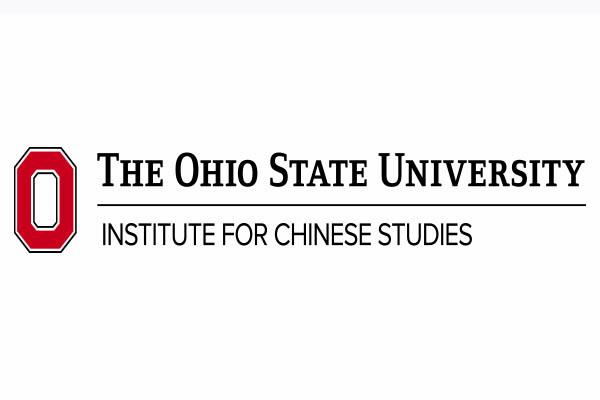
The Institute for Chinese Studies presents:
Ksenia Chizhova
Princeton University
William Hedberg
Arizona State University
Flyer: Forthcoming
Ksenia Chizhova's talk will approach the emergence of the Korean lineage novel (kamun sosŏl)--a lengthy genre of vernacular fiction that was coeval with the emergence of Korean patrilineage in the late 17th century--from a historical and a comparative angle. Lineage novels depict Korean kinship as a series of conflicts between genders and generations, tracing the private lives of protagonists, who need to overcome their unruly feelings to assume prescribed kinship roles. This talk will offer a brief sketch of the literary influence from late imperial Chinese philosophy and literature that are discernible in the keen interest in unruly emotions that lineage novels display. And it will also map intellectual intersections between the study of fiction, emotions, and family in early modern Korea and China.
William Hedberg's presentation examines early modern Japanese interest in Chinese literature, language, and material culture, through the lens of the late imperial novel, The Water Margin: the account of 108 outlaws in 12th-century China, and their successful insurrection against the corrupt imperial court. The Water Margin was imported into Japan in the early 17th century, where it became a ubiquitous source of inspiration for translations, adaptations, parodies, and illustrated woodblock prints. After briefly presenting the Japanese reception of The Water Margin in a variety of early modern contexts--from 18th-century Confucian scholarship to early 20th-century colonial ethnography--I turn attention to the ways in which The Water Margin and other works of Chinese fiction impacted the Japanese imagination of China: a process that, in turn, had a profound effect on Edo- and Meiji-period revolutions in reading practices, narratology, and literary scholarship.
